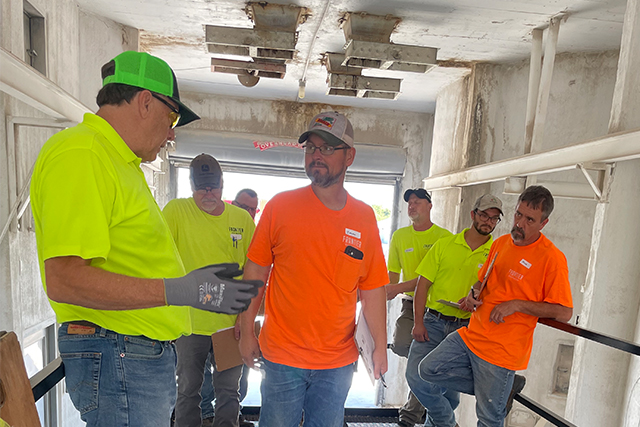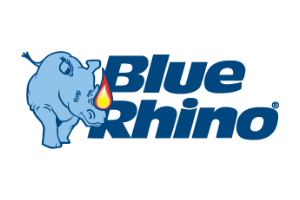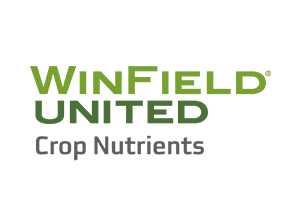Safety is our top priority
Our goal is to have zero preventable accidents and occupational health
injuries in the company. The overall objective is to provide a work environment free from
recognized hazards that have the potential to cause physical harm or death.
No one can take your place
National Farm Safety and Health Week 2023
The 2021 data for the U.S. Bureau of Labor Statistics indicates that the agricultural sector is still the most dangerous in America with 453 fatalities. Fall harvest time can be one of the busiest and most dangerous seasons of the year for the agriculture industry. For this reason, the third week of September has been recognized as National Farm Safety and Health Week. This annual promotion initiated by the National Safety Council has been proclaimed as such by each sitting U.S. President since Franklin D. Roosevelt in 1944. National Farm Safety and Health Week is led by the National Education Center for Agricultural Safety (NECAS), the agricultural partner of the National Safety Council.
Our Safety Team
Our team ensures appropriate training is provided, communicated and presented to best equip and protect our employees, facilities, and communities.
Since 1964, Purdue University has recorded more than 800 cases of flowing grain entrapments. Many, if not most “non-fatal” incidents go unreported. The U.S. averages 15-20 documented entrapments per year based on 40 years of data. An estimated 55% of documented grain entrapments result in death. Based on historical data, roughly 70% of the documented entrapments occur on farms.
The goal of this document is provide insight into preventing grain entrapments and understanding how three types of entrapments occur. Severe injuries and deaths can be avoided with a constant commitment to basic safety measures and situational awareness. Every flowing grain entrapment is a preventable incident.
Secondary containment and a load-out facility are required when bulk pesticide storage capacity exceeds 500 gallons. Even if secondary containment is not required, a custom applicator must have a load-out facility when using pesticides from original containers larger than 3 gallons or when using pesticide or fertilizer mixtures of more than 100 gallons.

We're here for you
We're committed to helping our farmer owners implement safety protocols on their operations. As a farmer, if you ever have a question about safety then you should call the safety and compliance team at Frontier and we'll help you find a solution to whatever safety need you may have.
Question, comment, or concern? Please contact:
Cody Hull
Assistant VP of Safety and Compliance







